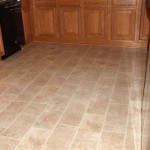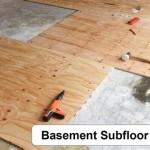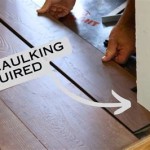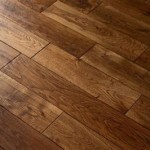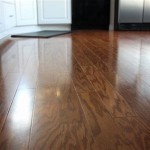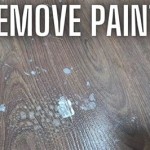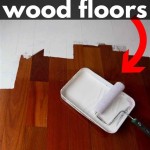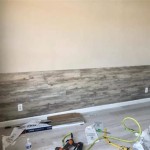What Is The Best Thickness For Home Gym Flooring In Singapore?
Creating a home gym is a fantastic way to enhance your fitness journey and enjoy the convenience of working out in the comfort of your own space. However, a crucial aspect of any home gym setup is the flooring. The right flooring not only protects your equipment and your floors but also provides a safe and comfortable surface for your workouts. In Singapore's humid climate, choosing the appropriate flooring thickness is particularly important to ensure durability and minimize potential issues. This article will delve into the factors that influence the optimal thickness of home gym flooring in Singapore, providing you with the information you need to make an informed decision.
Factors Determining Optimal Flooring Thickness
The ideal thickness for home gym flooring in Singapore is not a one-size-fits-all solution. Several factors play a crucial role in determining the optimal thickness, including:
1. Intensity of Workouts
If your workout routine involves high-impact exercises like drop sets, plyometrics, or heavy lifting, a thicker floor is recommended. A thicker layer of flooring will provide greater shock absorption, reducing the impact on your joints and protecting your subfloor from damage. Thicker flooring also offers better sound insulation, minimizing noise disturbance to neighbors, a significant concern in high-rise apartments prevalent in Singapore.
2. Type of Flooring
Different types of home gym flooring materials have varying levels of cushioning and impact absorption. Rubber tiles, for example, are commonly used for their durability and shock absorption, while interlocking foam tiles offer a softer and more comfortable surface. The thickness of the flooring material will influence its impact absorption capabilities.
3. Subfloor Condition
The condition of your subfloor will also factor into the required thickness. If your existing flooring is uneven or susceptible to damage, a thicker layer of flooring will provide a more level and stable surface. Particularly in older buildings in Singapore, the subfloor may require additional protection.
Recommended Thickness Ranges for Home Gym Flooring in Singapore
Based on the factors discussed above, here are some general guidelines for home gym flooring thickness in Singapore:
1. High-Impact Workouts:
For intense workouts involving heavy lifting, plyometrics, or drop sets, a minimum thickness of 15mm (0.6 inches) is recommended. For added protection and superior sound dampening, you may consider a thickness of 20mm (0.8 inches) or more.
2. Moderate-Intensity Workouts:
If your workouts are primarily moderate in intensity, a thickness of 10mm (0.4 inches) to 15mm (0.6 inches) should suffice. This range provides adequate cushioning and impact absorption for exercises like bodyweight training, cardio equipment, and light weightlifting.
3. Light-Intensity Workouts:
For light-intensity workouts, such as yoga, Pilates, or stretching, a thinner layer of flooring, around 5mm (0.2 inches) to 10mm (0.4 inches), may be sufficient. However, even for light-intensity activities, it is essential to consider the impact absorption and sound insulation properties of the flooring.
Additional Considerations
Beyond thickness, other aspects of home gym flooring matter in Singapore's climate. Here are some crucial points to consider:
1. Moisture Resistance:
Singapore's humid weather presents a challenge in maintaining flooring. Opt for moisture-resistant materials like rubber tiles or interlocking foam tiles that can withstand spills and prevent mold growth. These materials are also easy to clean, crucial for maintaining hygiene in a home gym environment.
2. Durability and Longevity:
Investing in durable flooring is essential for a home gym. Look for materials that can withstand heavy weights, daily use, and potential damage. Rubber tiles and interlocking foam tiles are excellent options for their durability and longevity.
3. Cost:
The cost of home gym flooring can vary depending on the material, thickness, and quality. It is essential to balance the investment with your budget and the intensity of your workouts.
By carefully considering these factors and your specific needs, you can choose the optimal thickness for your home gym flooring in Singapore, ensuring a safe, comfortable, and durable workout environment.

Gym Flooring Singapore Affordable Long Lasting

Everything You Need To Know About Home Commercial Gym Flooring Singapore Sole Fitness
Best Gym Flooring Options To Build The Home Of Your Dreams

Best Home Gym Flooring Rubber Tiles Vs Rolls Turf Practice Sports
Best Gym Flooring Options To Build The Home Of Your Dreams

Does A Fitness Room Need Special Flooring

Weightlifting Flooring What To Look For When You Need It
Best Gym Flooring Options To Build The Home Of Your Dreams

Crossfit Rubber Tiles Gym The Company

Innhom Large Exercise Mat Thick Gym Flooring For Singapore Ubuy
See Also
